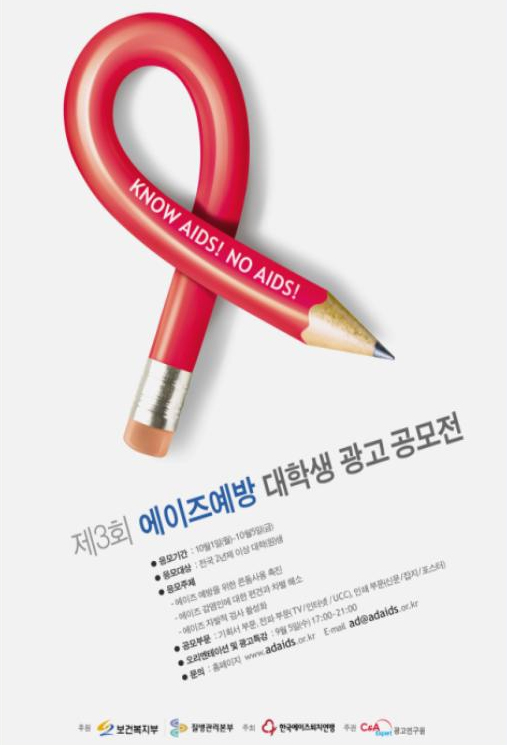By Ken Oh
[COMMENTARY] A Second Look at Korea’s “Lifting” of its HIV Travel Ban

Can rules be changed when they aren’t changed?
What may appear to be a purely metaphysical question is creating some
real-world confusion in the Republic of Korea.
UN Secretary General Ban Ki-moon recently applauded South Korea’s announced lifting
of its entry ban on HIV-positive foreigners. UNAIDS executive director
Michel Sidibe also extolled the move, effective January 1, as an important step
in the effort to realize the global freedom of movement for people living with
HIV. But the reality appears to be more
complex.
[COMMENTARY] Is Two Times a Trend? The U.S. and South Korea Lift HIV Travel Restrictions
By Ken Oh
Last Monday, the United Nations issued a statement applauding the United States and the Republic of Korea for lifting travel bans on people living with HIV/AIDS(PLWHA). The US ban had been in effect for 22 years, and the South Korean ban had been similarly entrenched. Michel Sidibe, executive director of UNAIDS, hailed the parallel policy changes as “a victory for human rights on two sides of the globe”.
[COMMENTARY] Citizen Journalism in Asia
by Hye Gi Shim
“To be a journalist is to bear witness,” wrote Roger Cohen of The New York Times, “The rest is no more than ornamentation.” Today, bearing witness is made easier than ever thanks to the revolution in information and communication technology. The power to find, produce, and distribute information has expanded through the Internet and via digital cameras and cell phones leading to a growth of citizen journalists — people without professional training in journalism who produce, augment, or fact-check the news.
Asia is home to some of the most wired countries in the world (South Korea, Japan, Taiwan) as well as to some of the most restricted ones (North Korea, Burma, Cambodia). The rising tide of the Internet, however, is lifting all boats. Citizen journalists are sharing opinions about corruption and food safety in Cambodia and China and are influencing presidential elections in South Korea and India, and influencing the outcome of major events.
[REPORT] South Korean NGOs Respond to the North Korean Refugee Crisis
By Hye Gi Shim
When a devastating famine hit North Korea in the mid-1990s, hundreds of
thousands of North Koreans were forced to leave their homes and cross the
border into China.
This marked the beginning of a swelling North Korean refugee crisis. Today the Ministry of Unification estimates
that the total number of North Koreans in South Korea is reaching 17,000. As
the problem has grown, the response of South Korean civil society has also
evolved.




